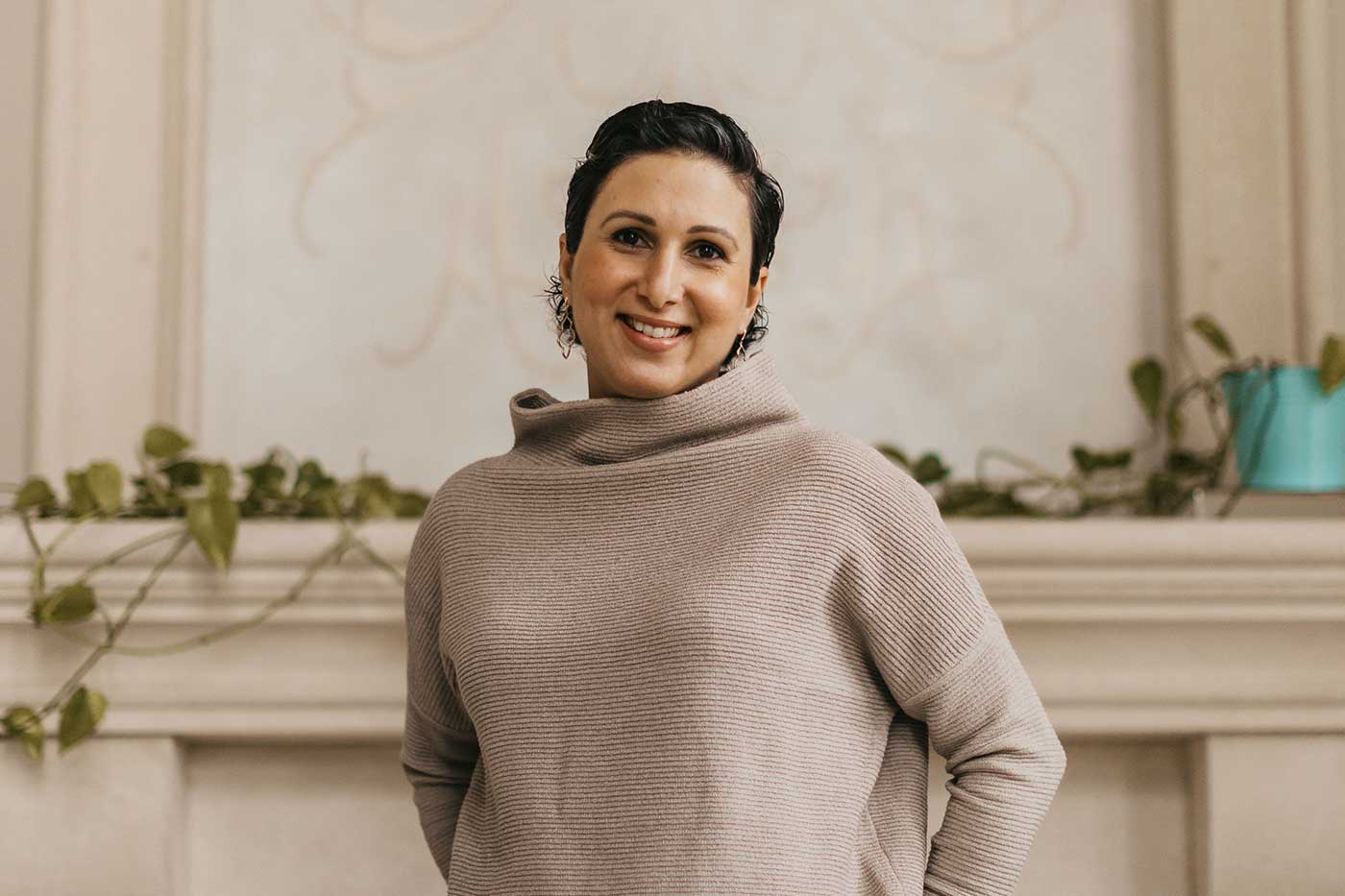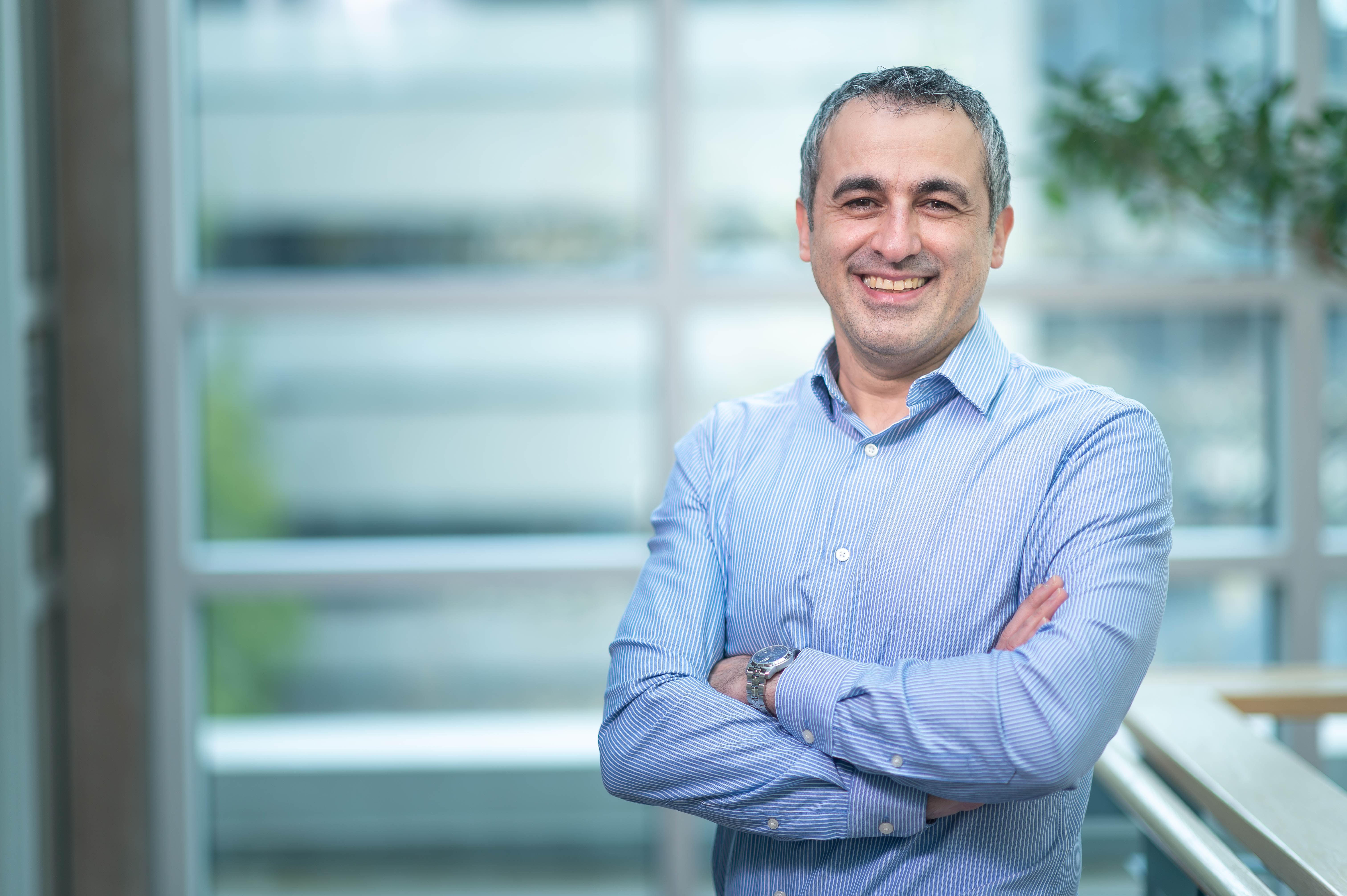Mother, teacher and cancer survivor, Shiraz Italia, shares her ovarian cancer journey, and the importance of genetic testing, as part of our This is Personal blog series.

I was 12 when my mom died of ovarian cancer.
I knew there was a family history — my grandmother had also passed away from cancer — so I chose to pursue genetic testing two years ago to find out if I had the BRCA1 or BRCA2 mutation, which would increase my risk of ovarian and/or breast cancer.
I ended up on a 12- to 18-month wait list, but my gut instinct told me not to wait that long.
So I got tested privately, and the results came back positive for the BRCA1 mutation. My doctor recommended removal of my fallopian tubes and ovaries as a preventative measure. In July 2020 I went in for surgery, which was supposed to be the end of it. But 10 days later, they phoned and advised me that they’d found a one mm-size tumour on one of my ovaries.
After a hysterectomy and six cycles of chemotherapy, I still often feel rocked by the diagnosis. I’m a teacher and something as simple as one of my students innocently commenting on my “new haircut,” which is now short because of the chemotherapy, can be a trigger.
I find strength in being there for my daughter, eight, and son, five. If I hadn’t pursued genetic testing to determine my own risk, my daughter might have lost me to cancer at an even younger age than I lost my own mother.
“This is personal because I want to be the last generation in my family to grow up without a mom. I want to cheer my son on at soccer games, and give my daughter a standing ovation when she receives her black belt in taekwondo. I want to dance with my son at his wedding. I want to cuddle my grandchildren one day.”
I didn’t get the opportunity to grow up with my mom, and I decided that I couldn’t let what happened to her be in vain.
So my family created the Maneck Homi Italia Foundation, and we’re donating to keep other women from going through what I did — or worse.
An estimated 25,000 women in B.C. have an inherited BRCA genetic mutation that puts them at increased risk of developing ovarian cancer. And none of them can afford to sit on a wait list.
For me, it could have been the difference between one mm and Stage 3 cancer. Ovarian cancer is named the silent killer for a reason; it’s often not caught until advanced stages, which unfortunately for many is too late.
My mom and my grandmother didn’t have the benefit of science, but we do. My hope is that donations will bolster the tremendous progress BC Cancer has already made in developing and improving access to tools to support genetic testing, and fuel innovations in ovarian cancer research and care so that one day no more children will lose a mother to this disease.
Learn how you can help support ovarian cancer research and treatment.


